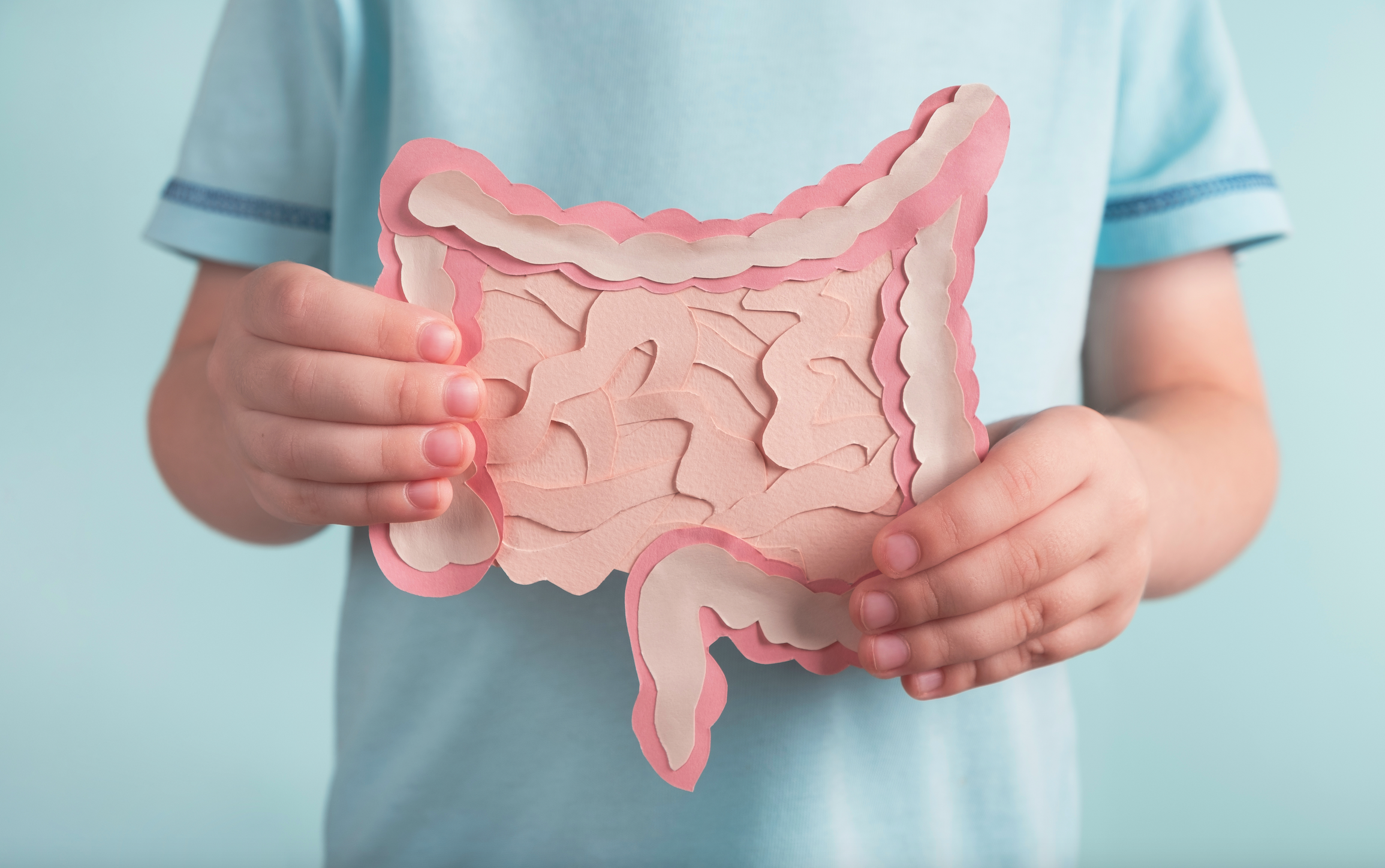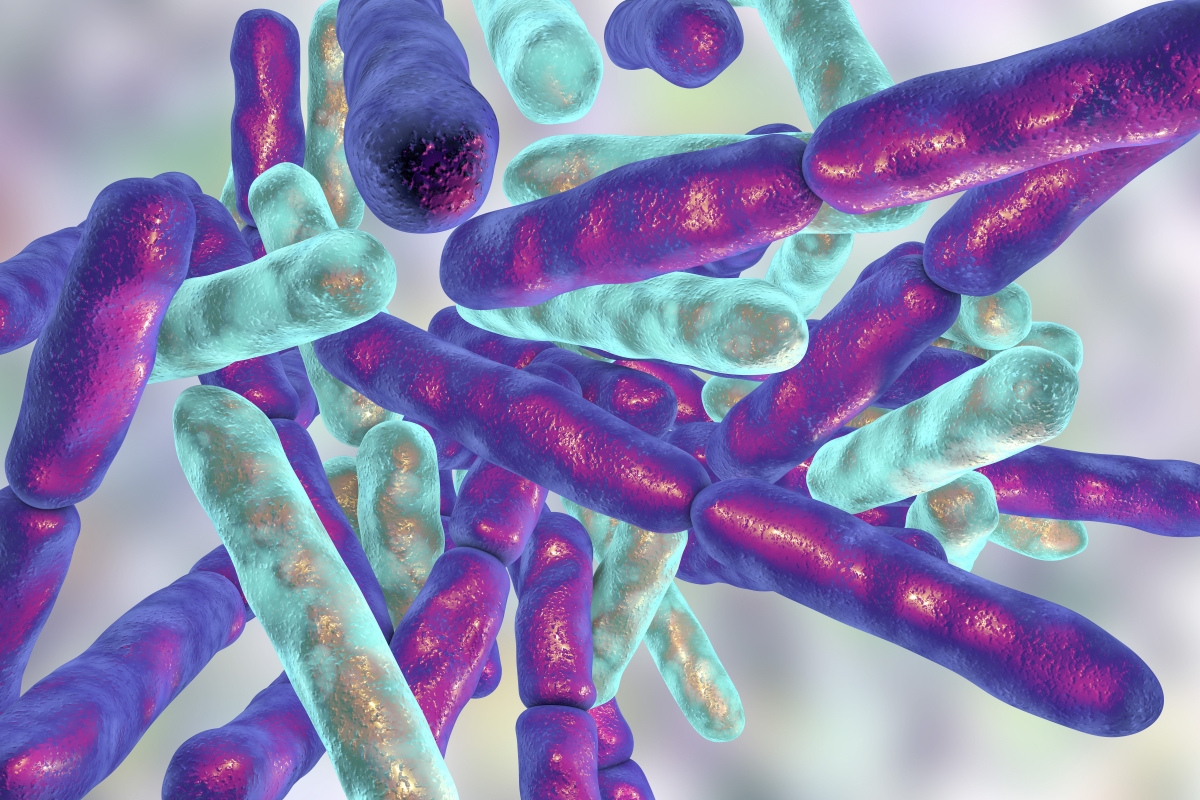High-fat diet induces alterations in microbiome-gut-brain axis and anxiety responses in rats
Obesity, frequently linked to high-fat diet (HFD) consumption, and anxiety are prevalent in modern urban settings. Recent research indicates the involvement of the microbiome-gut-brain axis, particularly the serotonergic systems of the brain, in the association between HFD and anxiety. This study conducted a nine-week HFD protocol in male rats, assessing gut microbiome diversity and community composition, brainstem serotonergic gene expression (including tph2, htr1a, and slc6a4), and anxiety-related defensive behaviors. Findings revealed that HFD intake resulted in decreased alpha diversity and significant alterations in gut microbiome composition, correlating with obesity. Notably, there was an increase in brainstem gene expression of tph2, htr1a, and slc6a4, particularly in the caudal part of the dorsomedial dorsal raphe nucleus (cDRD), a region implicated in stress and anxiety responses. Additionally, HFD led to heightened anxiety-related defensive behaviors. The study observed an increased Firmicutes/Bacteroidetes ratio compared to a control diet, with elevated levels of Blautia and decreased levels of Prevotella. Increased serotonergic gene expression in dorsal raphe nucleus subregions was also noted in the HFD group. Specific bacterial taxa were found to correlate with enhanced serotonergic gene expression in the cDRD. These results support the hypothesis that HFD-induced obesity modifies microbiome-gut-serotonergic brain axis signaling, contributing to increased anxiety-related responses in rats. [NPID: High-fat diet, HFD, anxiety, microbiome, microbiota, signaling, microbiota-gut-brain axis]
Year: 2024
 Navigation
Navigation









